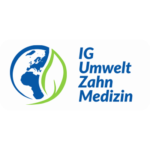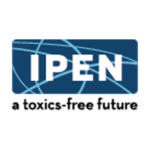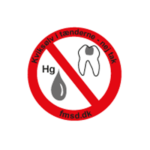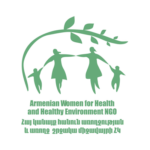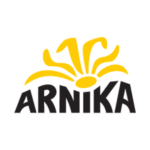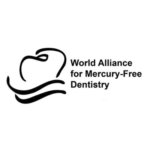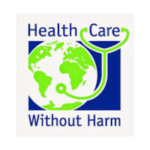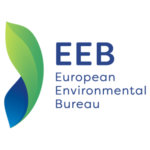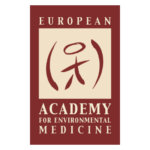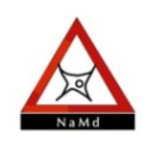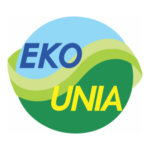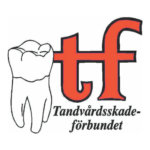(Le Nouveau Gabon) – A recent study conducted by the Ministry of Health in partnership with WHO recommends banning the import of mercury-added products into Gabon and reducing or even eliminating their use in dentistry.
This recommendation is made due to the “serious health effects of mercury.” For this reason, the trend at the international level today is to reduce or even eliminate the use of mercury-added products. Gabon is a Party to the Minamata Convention, which aims to protect the health of the population in relation to the use of mercury, and is therefore obliged to work towards reducing or eliminating the use of mercury,” explains Dr. Bakary Ozavino, a public health physician. He is part of the team that conducted the survey on mercury risks in healthcare facilities between September and October 2022.
According to health experts, mercury is found in thermometers and is still commonly used by dentists to treat tooth decay. “We should make an effort to stop using mercury thermometers in our health care facilities. Instead, we should use electronic thermometers that do not contain mercury. Another example: When someone has a hole in their tooth, they say in the hospital that they “plumbed” the tooth. In reality, what is used here is not lead. It’s amalgam, which contains mercury and should no longer be used,” continues Dr. Bakary Ozavino.
These mercury-containing products can have toxic effects on the digestive and immune systems, as well as the lungs, kidneys, skin and eyes, according to doctors. They can also cause growth retardation, neurological and behavioral disorders that manifest as tremors, insomnia, memory loss, headaches and motor and cognitive dysfunction….
But even though doctors and other health workers are aware of all these dangers to human health, mercury is still used in health care facilities, mainly for cost reasons. This is because these products, imported from France, Europe, China, the U.S., Turkey and Morocco, are cheaper compared to the alternatives offered. For example, “a box of 50 amalgam capsules (mercury) costs 40,000 FCFA, while a box of glass ionomer cements with fluoride, which is one of the alternatives proposed in the survey, costs 120,000 FCFA,” it is argued.
For WHO and the Ministry of Health, however, health is priceless. After all, “if someone is contaminated by mercury or dies, the impact becomes more expensive,” said Dr. Inoua Aboubacar, WHO environmental health focal point. Magaran Monzon Bakayoko, WHO resident representative in Gabon, believes that “we need to realize that we need to eliminate this product.” This will be done by banning the import of amalgam.
Until this ban is in place, the Ministry of Health is committed to reducing the use of mercury in health care facilities, particularly through educational activities as well as the introduction of specific regulatory measures.
Source: Le Nouveau Gabon, Sandrine Gaingne, mardi, 25 avril 2023, „Au Gabon, des professionnels de santé plaident pour l’interdiction des produits contenant du mercure jugé nocif“
https://www.lenouveaugabon.com/fr/sante-social/2504-19683-au-gabon-des-professionnels-de-sante-plaident-pour-l-interdiction-des-produits-contenant-du-mercure-juge-nocif


